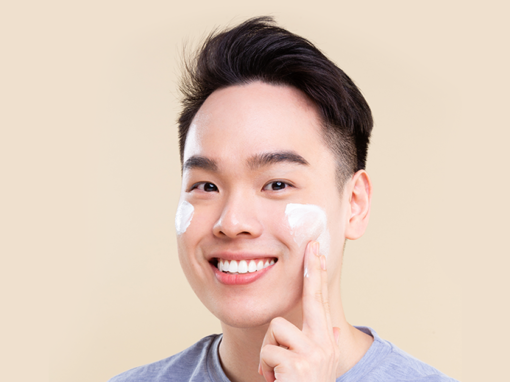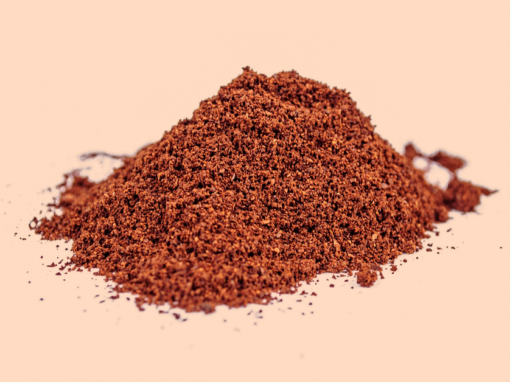Do you ever stare at yourself in a mirror and wonder what your skin type could be? Are you confused between being a dry or a combination skin type? Don’t worry. We’ve all been there. This article will help you understand the diverse skin types and share respective skincare tips.
How to determine your skin type?
#1: Normal
Neither too oily nor too dry. This is the type where the skin has a standard texture with a soft appearance. This skin type also hardly requires any specialised care for the skin.
#2: Sensitive
This is also known as fragile skin that is easily affected by the factors of skin condition, skincare routine, and more. Redness, itching, and tightness are common symptoms experienced by people of this skin type. Since this type of skin is delicate, it requires special care. That is why it is important to consult a medical professional before using any treatment on this type of skin.
#3: Dry
Low air humidity, cold weather, and hot water are a few of the most common factors for this type of skin. Cracking, flakiness, and lack of moisture are some of the basic symptoms one faces when experiencing this type of skin. That is why it is recommended that they use more oil-based products to amplify hydration.
#4: Oily
A bright, greasy, and glossy appearance is common among people of this skin type. Their sebum production on the skin is also in excess. This is more common among young adults and adolescents. So, if you have oily, sensitive skin, you fall under this category.
#5: Combination
A combination skin type is generally a fusion of both oily and dry skin. For them, experiencing more oil secretion in the T-zone (the chin, forehead, and nose) is more common. You can also run a skin type test to identify if you fall under this skin type.
#6: Scaly
Persistent humidity, dryness, and wind can make your skin scaly. Due to this reason, skin desquamation can become more common among this type of skin.
How to take care of your skin
- Following a skincare routine that includes cleansing, toning, moisturising and exfoliating (twice a week) is essential for healthy skin. You should choose gentle products that won’t be too harsh on your skin.
- It is important to keep your skin clean. This helps subside the chances of acne and acne marks on the skin. To take care of your skin, make sure to wash your face twice a day.
- Eating and drinking healthy can help you achieve better skin, both internally and externally. Drinking 2 liters or 8 glasses of water per day helps to replenish the skin’s moisture levels. Furthermore, eating 5 portions of fruit and vegetables daily will provide the body with essential vitamins and minerals which are beneficial for the skin.
- Making changes to your daily lifestyle can also help all skin types. Getting between 7 to 9 hours of sleep and decreasing stress levels through yoga and meditation can also help. A few hours of exercise per week and spending mindful time in the sun can assist too.
Conclusion
It is important to remember that there is no one-size-fits-all answer when it comes to skin type. Everyone’s skin is unique and what works for some may not work for others. That being said, understanding your specific skin type and the best way to care for it can help ensure you maintain healthy skin and a glowing complexion. With the right knowledge, anyone can find the ultimate skincare regimen tailored to their individual needs.
FAQs Related to Skin Type
1. What is the most common skin type?
Combination skin is the most frequent skin type to experience. When you experience T-zone oiliness, it becomes easier to identify combination skin.
2. Which skin type has pimples?
Pimples are more common among oily skin types. This may be the case due to excessive production of sebum on their skin, which may cause blemishes, dark spots, and blackheads more commonly among this skin type than in others.
3. What is the healthiest skin type?
Normal skin is often known to be one of the healthiest among all other skin types. This is because of its clean appearance and soft and regular texture too. Also, this type of skin requires minimal specialised care, which renders them ample convenience and comfort.
4. What is the rarest skin type?
Normal skin type is quite rare to experience because of diverse lifestyle changes, hormonal alterations, and also constant exposure to dirt and dust around us. Since these factors may affect our normal skin, it can be tough to find one easily. This article is for informational purposes only and does not constitute medical advice. The information contained herein is not a substitute for and should never be relied upon for professional medical advice. Book a consultation with andSons medical team to learn more about skincare treatments here.


